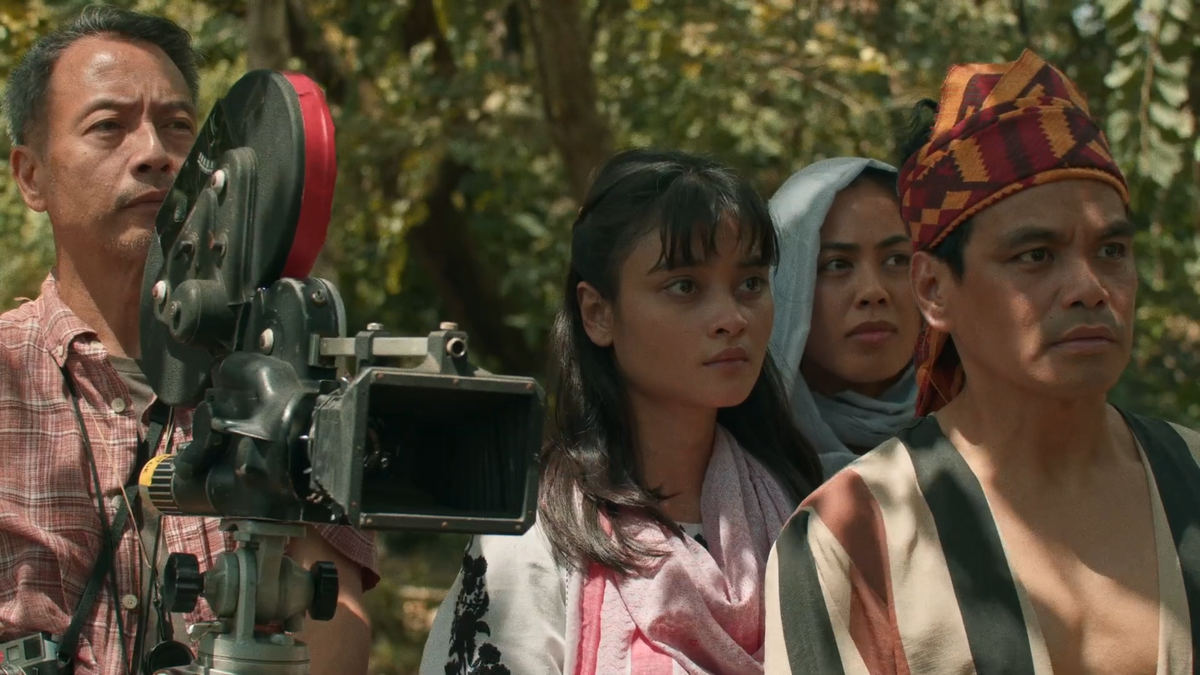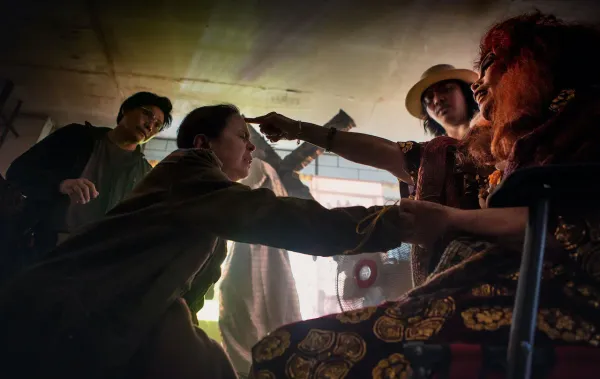
'7 Days of Hell' review — When wrongs fester
Seething rage curdles into a vengeful curse in Erik Matti's squirmy entry to HBO's underseen folk horror anthology from 2021, 'Folklore.'
This year’s set of short films competing in Cinemalaya is a solid program of exciting filmmaking voices, mediums, and genres.
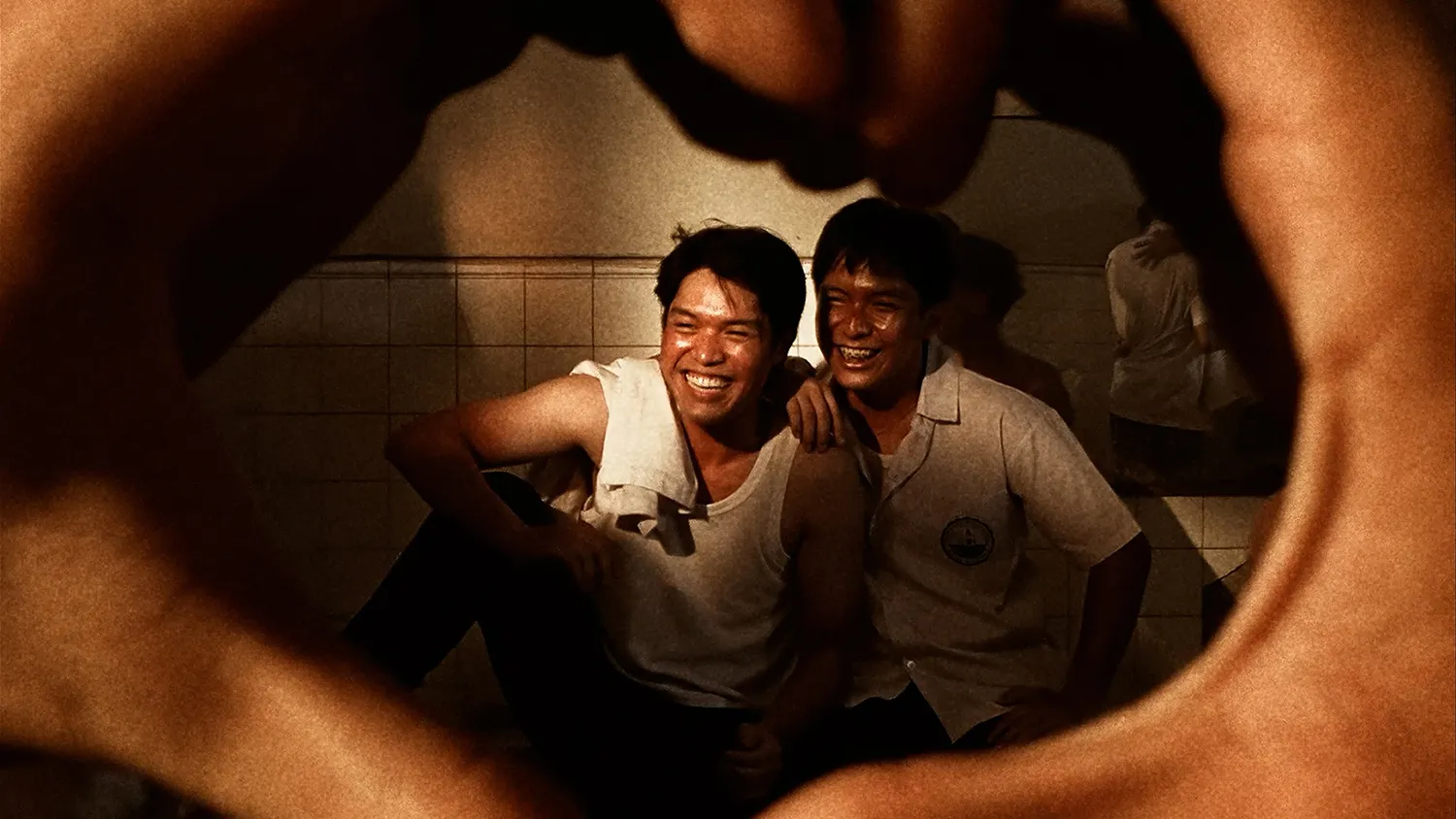
THIS YEAR’S CINEMALAYA has been pretty hectic for me. I’ve pushed past thirty officially this year, meaning four-film marathons a day is about as daunting as a Spartan Race that my friends have officially failed coaxing me into joining in my twenties. But there’s renewed comfort in knowing I’m completing another local film festival again, and writing about it. At a snail’s pace, but still.
Unreel is partially reader-funded. Readers can directly support independent film writing & criticism for as little as $1/mo.
Anyway, this year’s collection of short films is good. There’s a nice mix of topics, voices, and genres, from mixed media assertions of our sovereignty, frenetic visions of ecological hellscapes, to rotoscopic fever dreams about the fallout that comes after sexual abuse.
Read my capsule reviews of the Cinemalaya 2025 short films after the jump.

I have steered across life to countless directions without ascribing meaning to small objects, but Miguel Lorenzo Peralta’s Please Keep This Copy — a short docu told entirely with the filmmaker’s life archive of receipts, slips, and audio recordings — presents a good reason why one should make like that mermaid and stash twentysomething thingymabobs. The film captures a distinct feeling frozen in this tiny, five-minute time capsule about coming of age. I wonder what feelings my aide-mémoires would bleed. Identities lost? Misspent youth? Passions unbridled? I should have kept my copy.
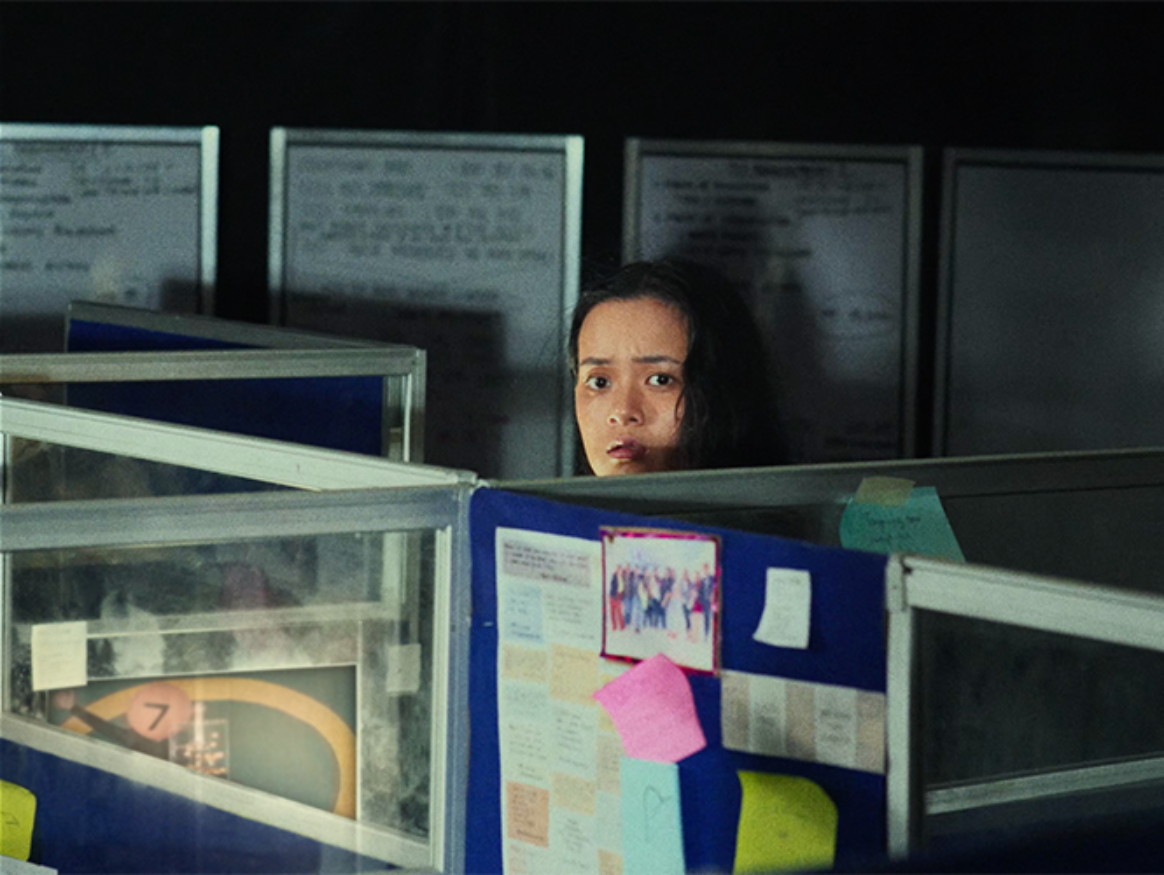
There was a time when you didn’t numb your existential woes on tragic social media doomscrolls. That past was just as vibrantly grim, only with less pixels, and the last shred of people’s hope hasn’t yet frayed. For Thelma (Ginger Nolasco), the listless, late-aughts call center agent in Hannah Silvestre’s Ascension from the Office Cubicle, nightly solace can be found in the company of Arman (Dads Valencia), the flirty, late-night sweepstakes host who seems wholly aware of her life’s plights. A bit Videodrome-y skinned with the color-vomit spatter of Windows XP aesthetic, and a bit cheeky, though I’d hoped it would make sharper turns than its prototypically Black Mirror-like ending.
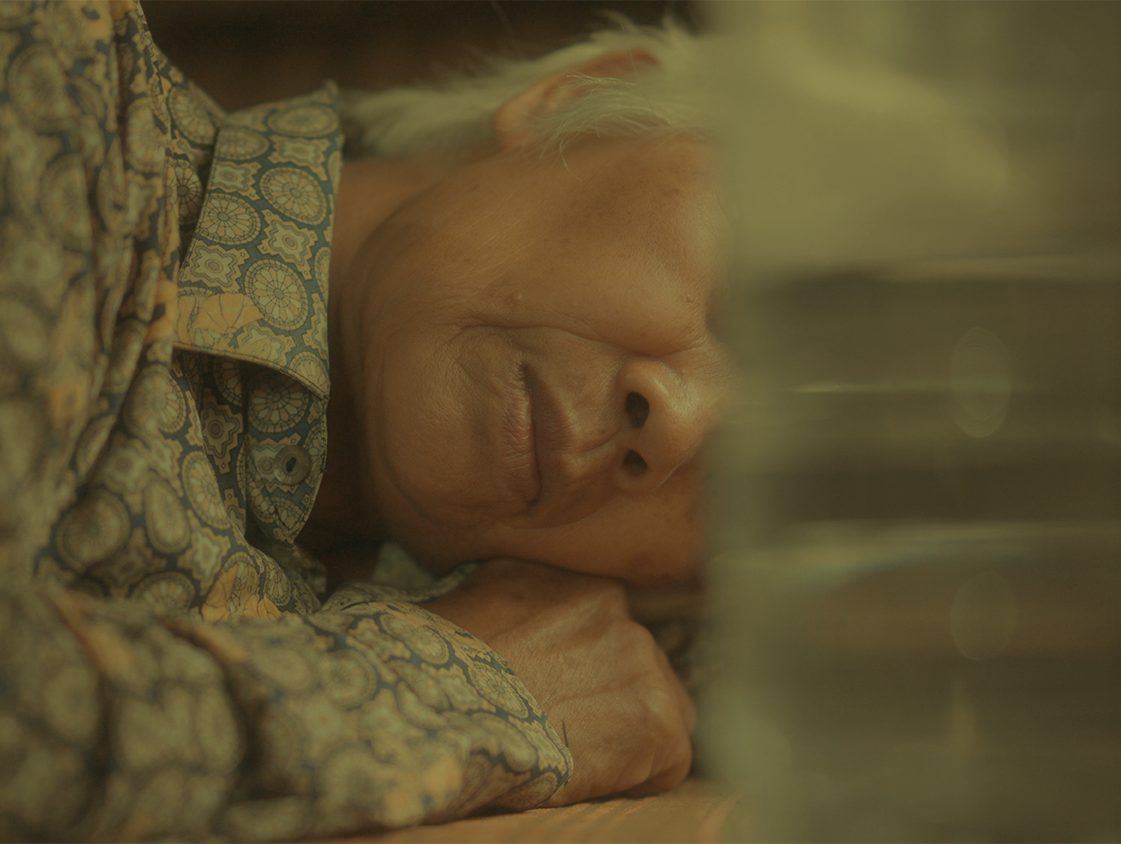
Nature loves a cycle, but what happens when that constant rearranging…stops? In Daniel De La Cruz’s Hasang, that bleak potentiality is paired with an offbeat dramedy on grief following a young boy named Boni who lives in a town with an indigenous belief that the deceased transform into living animals when they die. His grandmother, of all things, wants to turn into a tilapia. The film’s absurd antics dovetail nicely with reconciling generational grief not just for their loved ones’ mortal coil, but also the earth from which their bodies they sprung. “Glug glug,” Boni condoles his grandma, now a tilapia yearning to swim, for the river that isn’t there anymore.
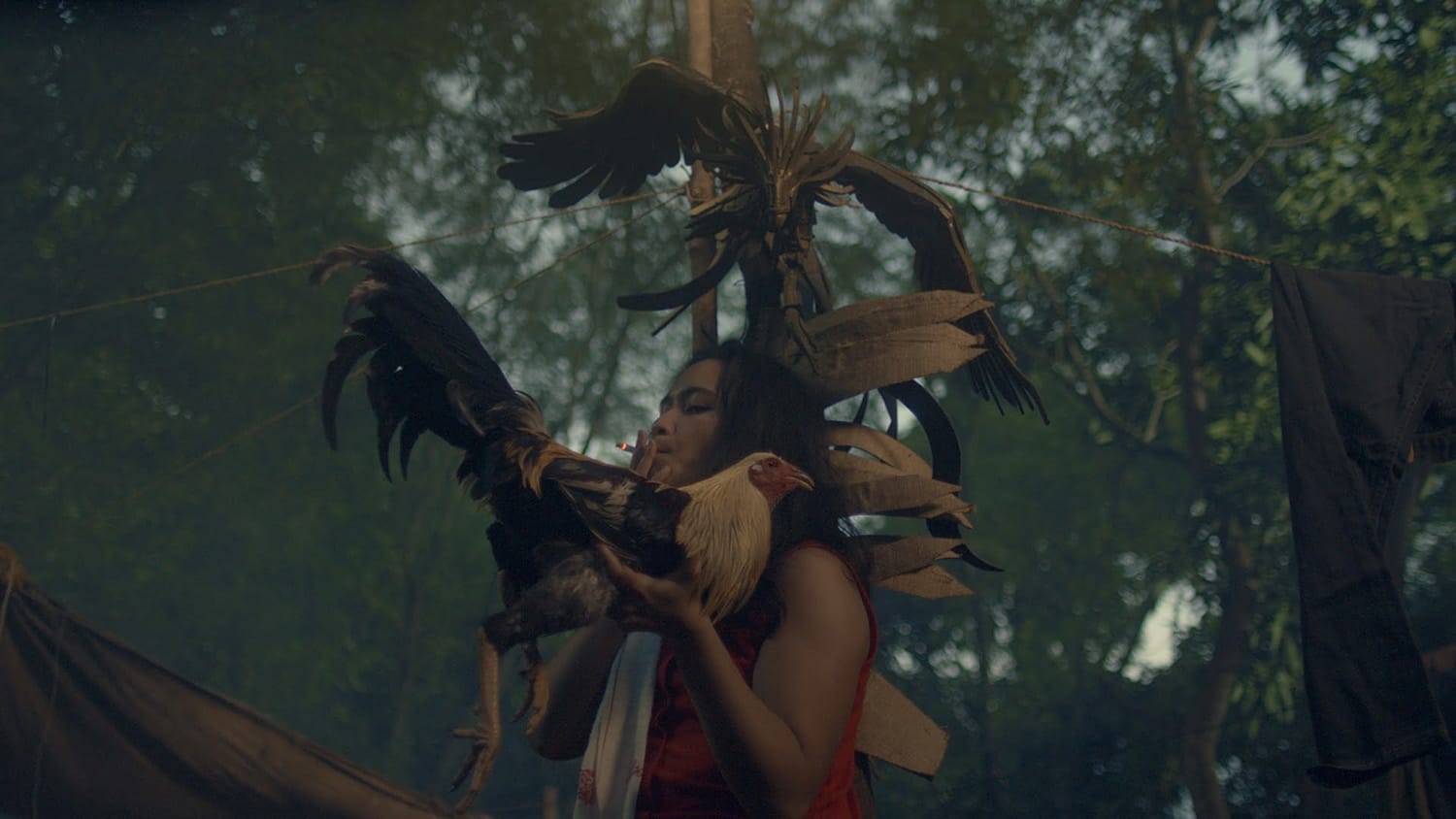
I’ve sat with this film for days trying to lull my discontent with it. I’m writing this on day three and I just can’t. First off, it’s a beautiful short. Visually and sonically, Radikals is incredible, and I’m sure Arvin Belarmino will be busy in the foreseeable future doing his rounds in the European circuit (and who am I kidding, I will be watching!). The edgy, spacey kind of antics just don’t resonate that well with me. It’s an abstract story about radicals — the creative kind, I guess, not the kind we’ve been conditioned to think hearing that word — and the grotesque, torturous ways traditions keep us bound from embracing our own individualities…I guess? I’m not sure. But again, shots. Beautiful shots.
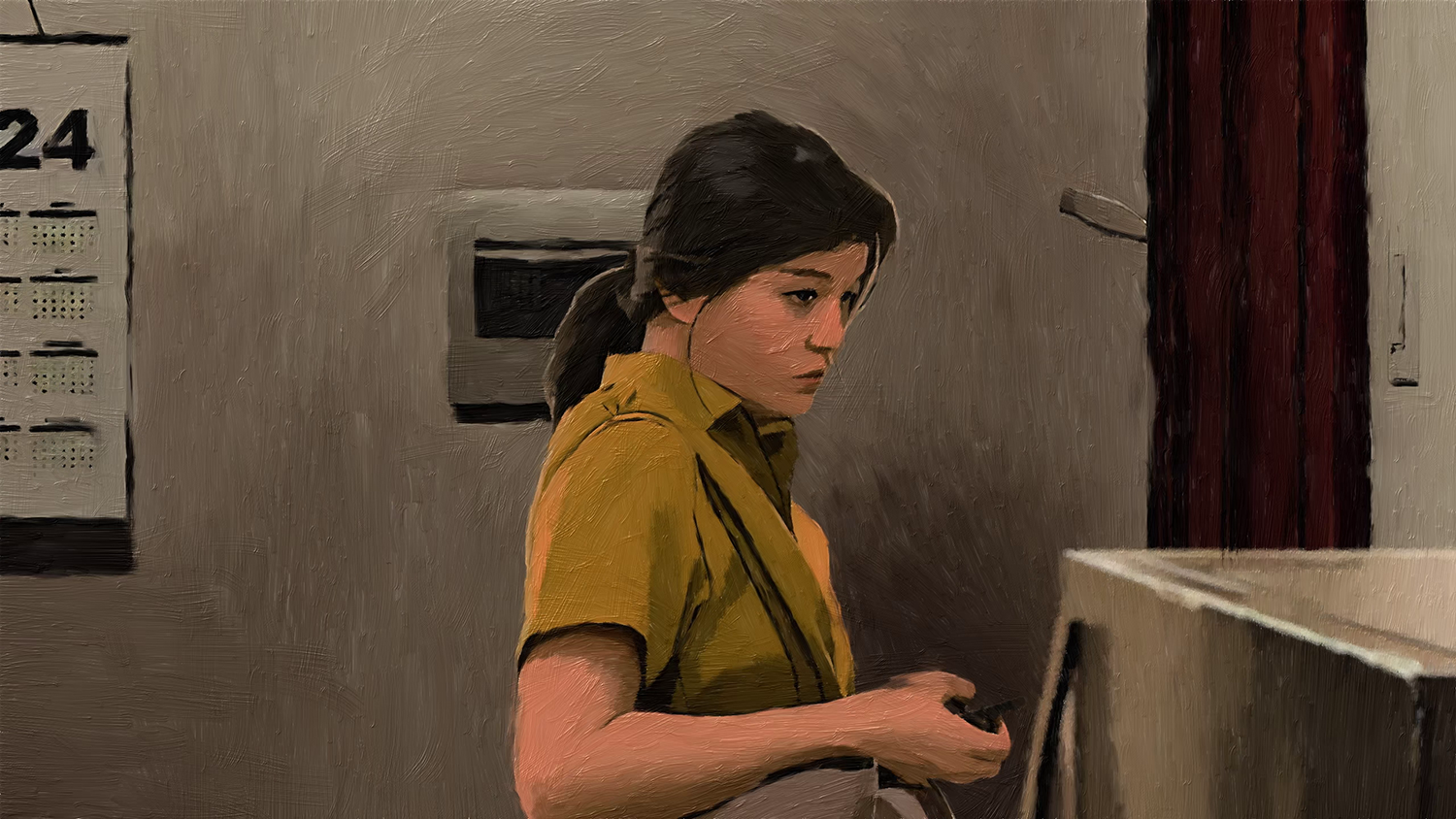
This fifteen-minute piece somehow cuts deeper than Carl Papa’s 2023 Cinemalaya feature, Iti Mapukpukaw. Like that film, The Next 24 Hours details the nightmare that victims experience following their sexual assault. It uses a similar rotoscoping animation technique, but this time the film doesn’t veil its message behind visual metaphors. It’s real, terrifying, and a bit of a gut-punch. It’s clear that the film aims to capture that feeling rather than tell a full story, and I’d say it impressibly captured that feeling raw.
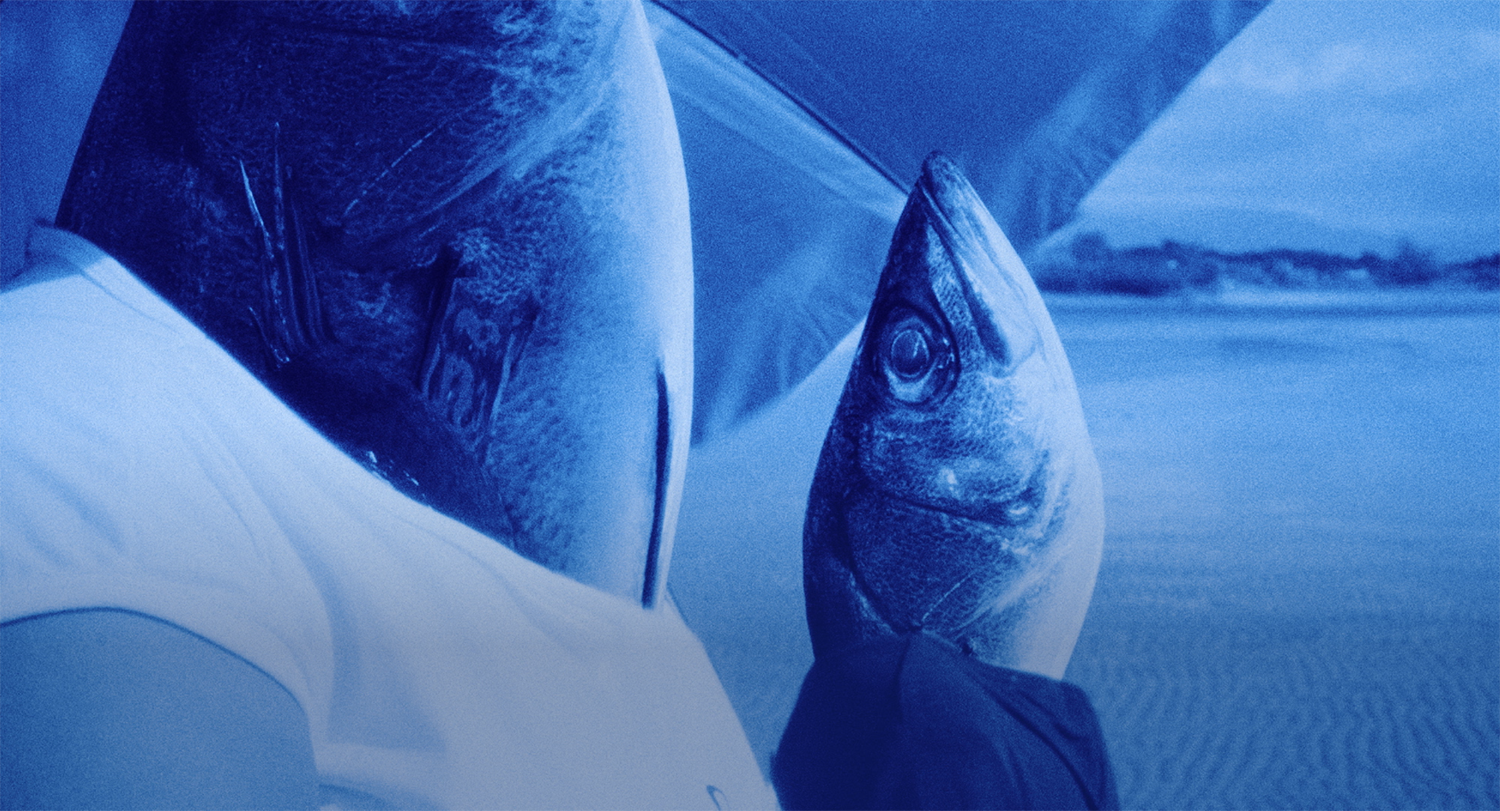
Kay Basta Angkarabo Yay Bagay Ibat Ha Langit displays Maria Estela Paiso’s rare, singular ability to articulate an unbridled feeling through rhapsodic conducting of various materials and mediums. Following her astonishing piece from 2021, Ampangabagat Nin Talakba Ha Likol, her new film delivers an ardent, immovable declaration — awash in deep, dark blue hues, the same color of our seas, from which our fisherfolk are actively being displaced by the Chinese. Without a doubt my favorite short film this year.
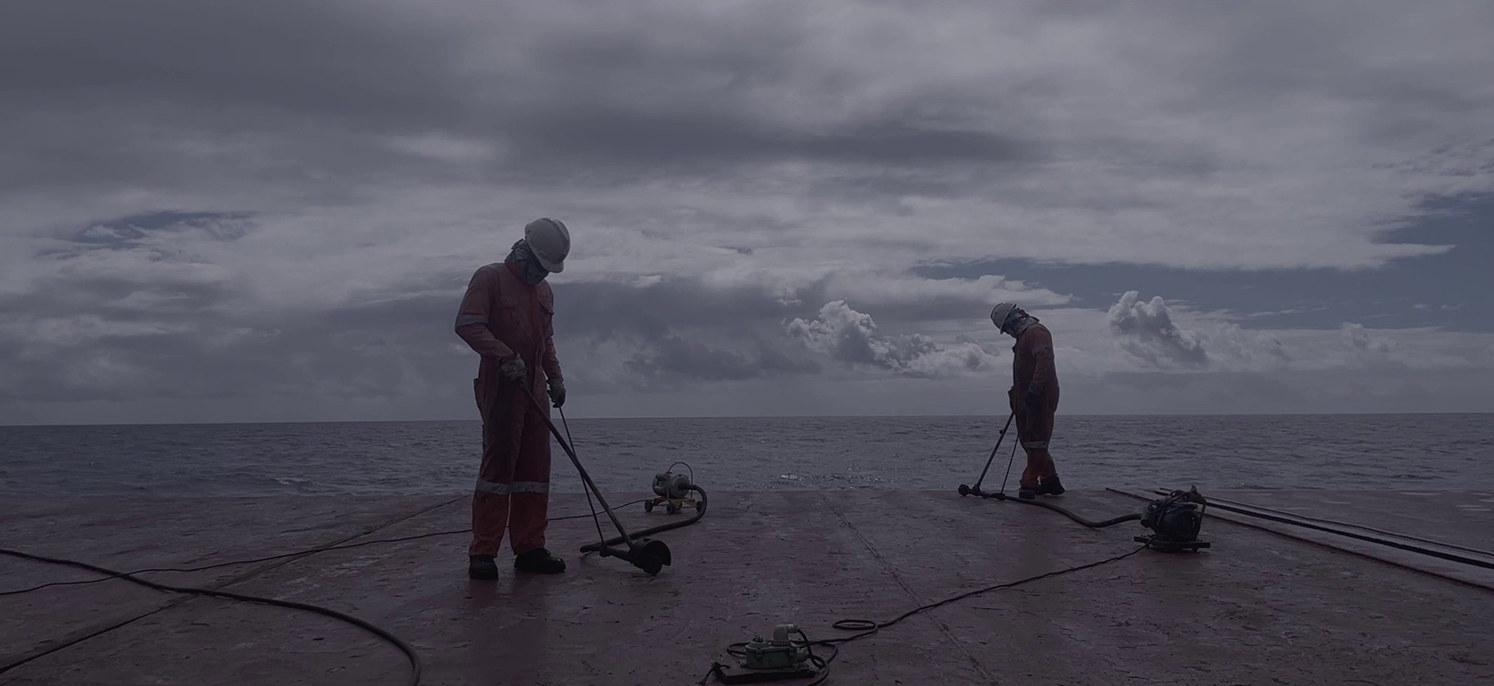
Adrift at sea, no one can hear you scream. This supernatural thriller set inside a commercial vessel is downright eerie. Megalophobic and thalassophobic horrors build up on screen in Seth Andrew Blanca‘s Kung Tugnaw ang Kaidalman Sang Lanod; but the real terror happens in closed vessel chambers, with the film’s faceless characters interacting off-frame. It gives off major Skinimarink vibes set inside the stomach of a buoyant ship, whose grime and dampness feel reminiscent of the 2012 docu, Leviathan.
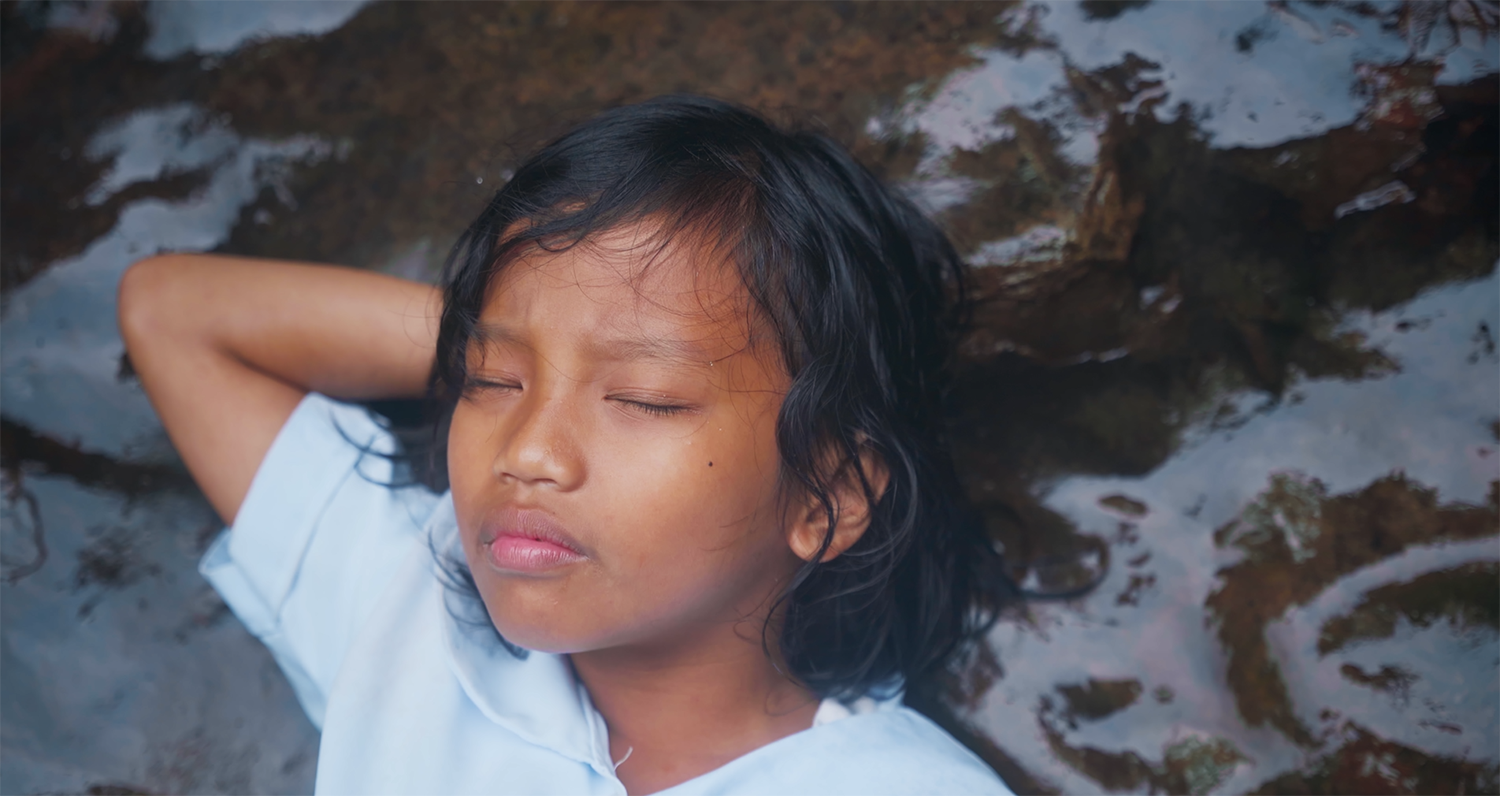
Always grateful about the inclusion of indigenous filmmaking in festivals; their films, though rough around the edges, just brims with charm, untrammeled by typical indie-cum-“edgy” antics. Hadiong Kapuno’s Figat is simple and small. It’s about a young Kalinga girl who embraces her culture at a time where people seem too absorbed in the frills of the present and the promises of the future. It’s an adorably uplifting film, a great palette cleanser for the doom and gloom from the other films.
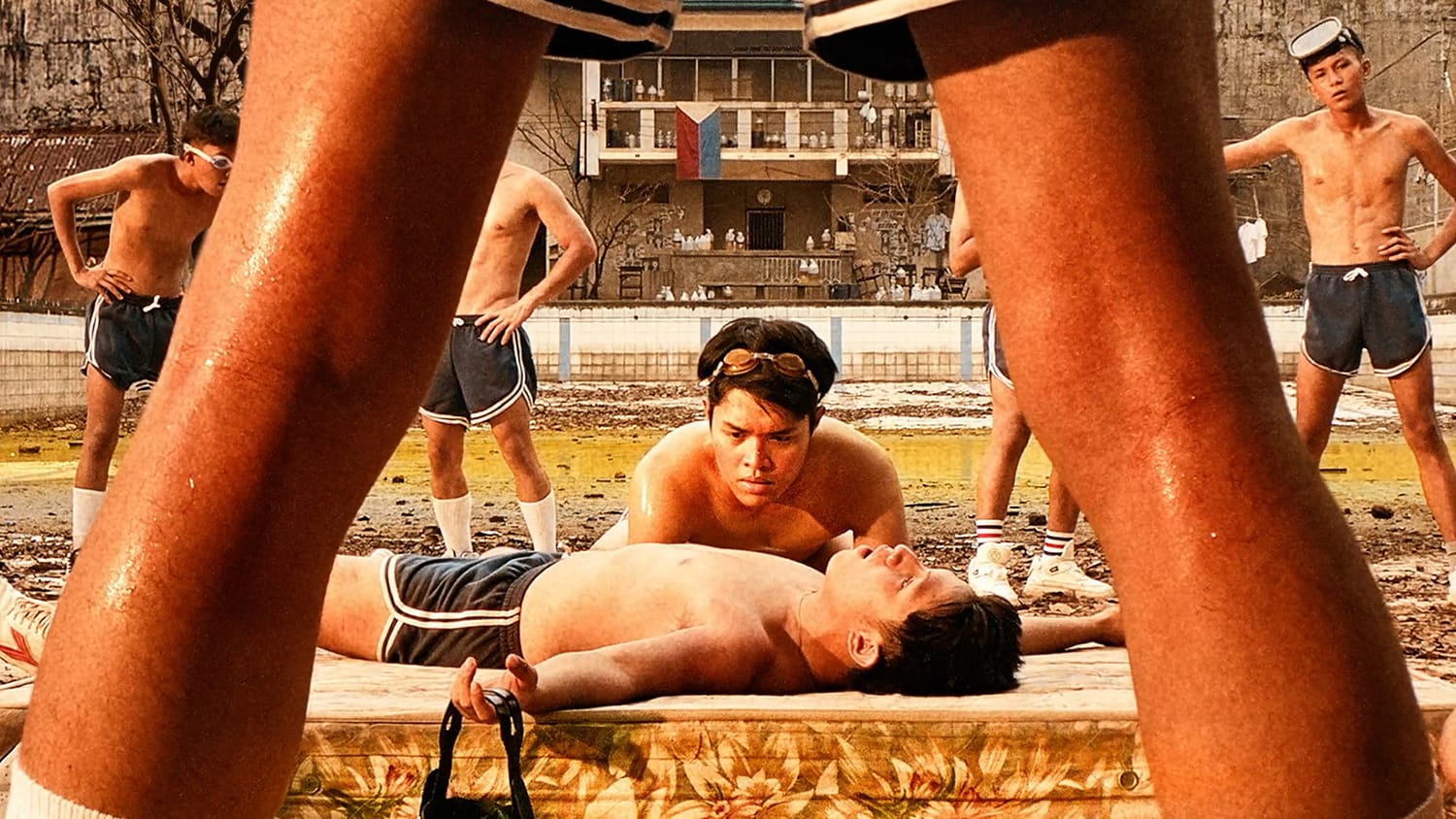
“Anong magandang ice-breaker? Global warming.” I cackled at this, understanding that Whammy Alcazaren’s Water Sports, though very much a “kabadingan” cinema, isn’t strictly about drinking piss. I should have known. Alcazaren’s films have always been more than its titles’ innuendos: Fisting — and yes, it will never be Never Tear Us Apart in this website — is about the violent performance of power, and Bold Eagle is about Filipinos’ autonomies over their bodies. Alcazaren’s new film puts to picture, through a collage of cheeky, internet-age visuals, an arid version of the future where joy, openness, and intimacy prove to be critical survival tools, in spite of the machismo propaganda constantly blaring: “Bawal umiyak, nakamamatay!”
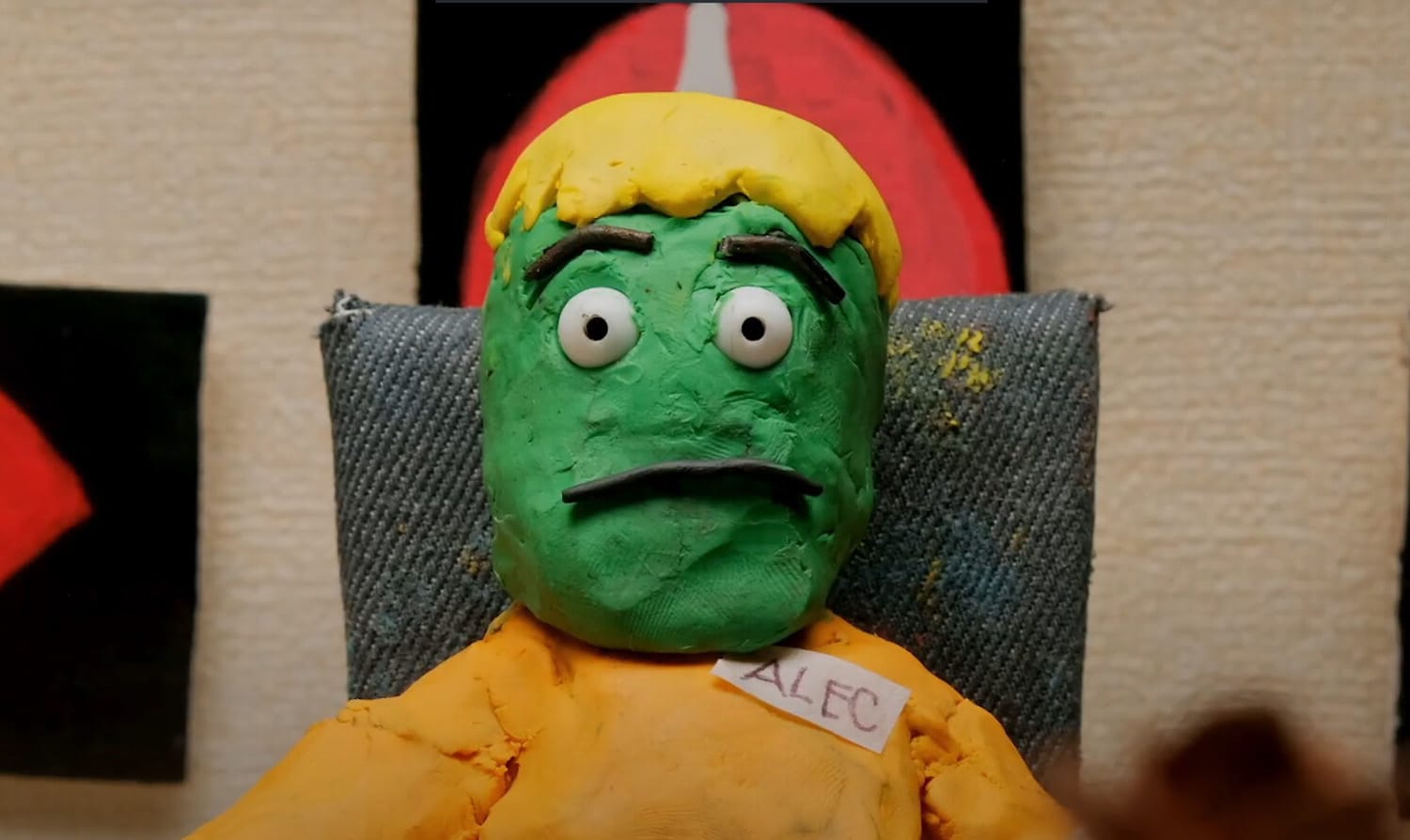
O.K., so I’m not sure exactly what I watched, but…I like it? Elian Idioma’s claymation short, I’m Best Left Inside My Head, feels like the kind of output you get when untrammeled creativity mixes with unfiltered, intrusive thoughts. The humor can get a bit too skibidi for my tastes, and some restraint, if only to organize what it’s trying to achieve (again, I’m not sure what that is, exactly), but on the whole, it’s amusing and enjoyable.
